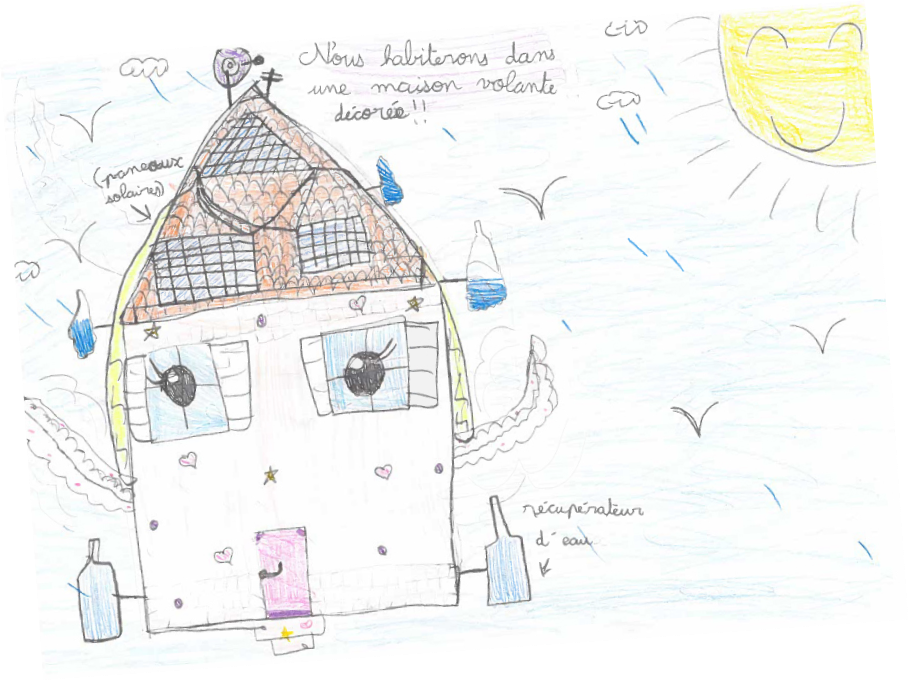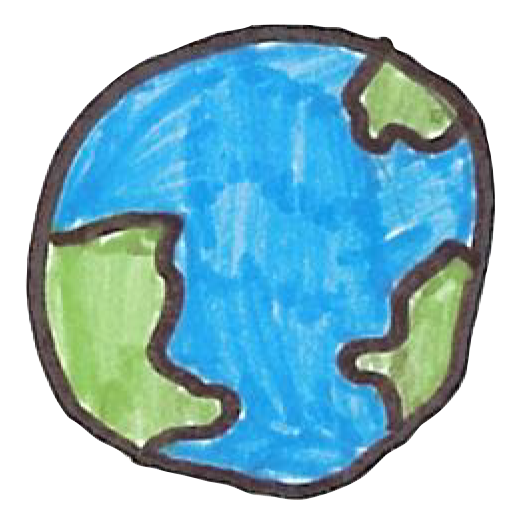Priority for the planet, a collective commitment

The year 2023 was the hottest year ever recorded in the world, according to the UN World Meteorological Organization, NASA and the National Oceanic and Atmospheric Administration (NOAA). To curb this increase in temperature, but also to reduce the risk of extreme weather events, the energy transition is under way. This commitment responds to strong societal expectations. Thus, 73%1 of French people say they are in favour of renewable energies to ensure France’s energy independence and because they clearly see the impact of climate change on their daily lives. And a very large majority of them (94%2) are putting their words into practice, through at least one everyday energy-saving action: turning off lights, turning down the heating, limiting their consumption of hot water etc. However, serious obstacles remain on critical issues, such as sustainable mobility and thermal renovation of homes, mainly for financial reasons.
While the need to act in response to the climate emergency applies to everyone, citizens and economic actors alike do not see themselves tackling this situation alone. Thus, 88%3 of business leaders expect the State to adopt a more interventionist policy on environmental issues.
For insurance, new opportunities and new risks
Insurers have been there in all the major global revolutions of the last few centuries. In recent years, they have been mobilising on several fronts in the face of the climate emergency. This includes the development of socially responsible investment, impact finance and Green Bonds, bringing in particular the promise of a reorientation of investments towards activities with low CO₂ emissions and, overall, a low-carbon economy.
However, the increase in the frequency and intensity of extreme weather events and the associated peak losses make it necessary to adapt the French insurance system. Studies carried out by the Caisse Centrale de Réassurance for the period to 2050 conclude that the expected increase in climate-related losses is between 47% (IPCC scenario RCP4.5) and 85% (IPCC scenario RCP8.5). However, some municipalities, the ones most threatened by rising water levels, are already unable to find an insurer to cover them against storms or floods because of the major worsening of their risks. They are committed to implementing prevention plans to limit their vulnerability.
The specific features of the French insurance system – in particular the existence of the natural disaster compensation scheme, based on national solidarity and mandatory cover for storms – make it possible to cover a very large majority of insured assets in France. The reform of the crop insurance scheme launched on 1 January 2023 is part of this overall adaptation approach. However, the recent climate-related loss experience is creating new challenges for preserving the balance of the system and broad cover for policyholders.
An interministerial mission charged with drawing up recommendations on the challenges and evolutions of the French insurance system in the face of climate risks was launched in May 2023. This should produce some promising approaches to solutions.

Markers
- 82%4 of French people believe that climate change will have a direct impact on their lives in the next ten years.
- 85% believe that adaptation to this change must be a priority.
- 48%5 of French people believe that “the energy transition is above all a positive opportunity to rethink our ways of living and our models of society”.
- 28% believe that it is “above all a constraint that requires sacrifices and renunciations in our way of living and our society”.
1 ADEME: opinion poll on air quality and energy 2023
2 *ADEME: opinion poll on air quality and energy 2023
3 **ADEME: “SOCIAL REPRESENTATIONS OF CLIMATE CHANGE” 2023
4 IFOP for Intercommunalités de France – 2023
5 Ipsos for RTE 2023
6 A non-life insurance joint venture in China, Groupama-AVIC is 50% owned by Groupama and 50% by the aerospace company AVIC (Aviation Industry Corporation of China).





